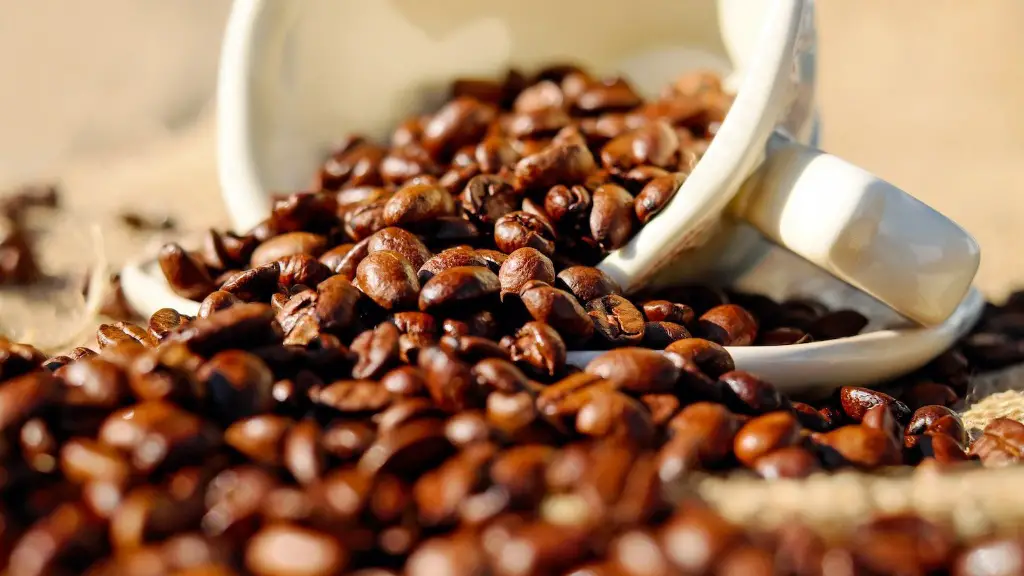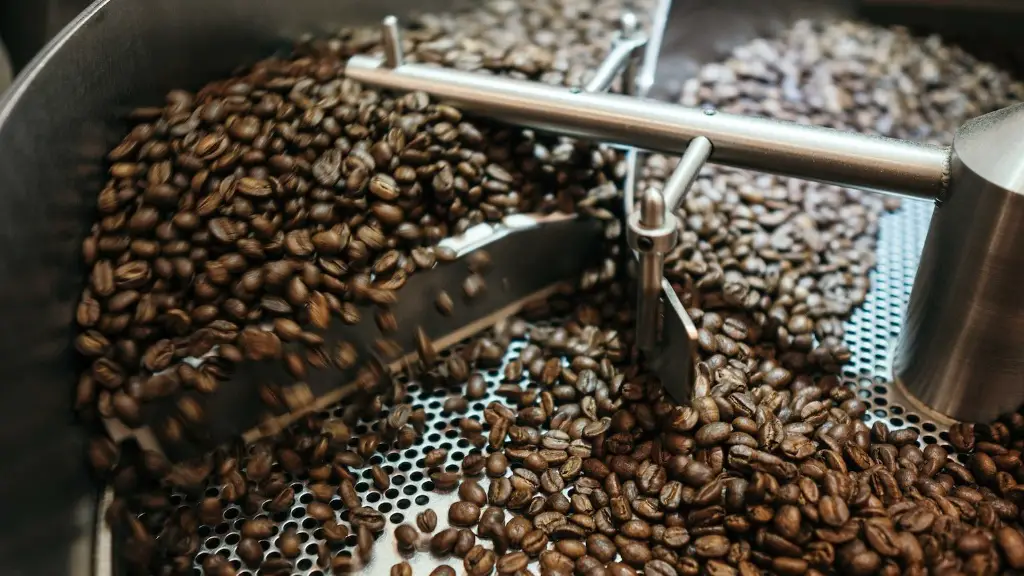Overview
G6PD (Glucose-6-phosphate dehydrogenase) deficiency is an inherited enzyme disorder that affects millions of people in the world. People with G6PD deficiency have a greater chance of developing complications from drugs and other treatments. Therefore, it is important for people with G6PD deficiency to be very careful about the foods and beverages they consume. One such food consumption that is often questioned is can people with G6PD deficiency drink coffee.
Effects of Coffee on G6PD Deficiency
Studies have shown that drinking coffee may reduce the risk of developing complications in people with G6PD deficiency. Coffee contains antioxidants and other compounds that are thought to help reduce oxidative stress and inflammation. The antioxidants in coffee can help protect cells and organs from damage caused by inflammation. Additionally, some studies have suggested that caffeine consumption can increase the activity of G6PD in the body, which can help reduce any adverse effects from metabolic treatments.
However, other studies have suggested that excessive consumption of coffee can be harmful for people with G6PD deficiency. Excessive consumption of caffeine may increase oxidative stress, which can worsen the symptoms of G6PD deficiency. Additionally, people with G6PD deficiency should be aware that caffeine can also interfere with certain medications, such as antibiotics and antifungals, and can potentially increase the risk of side effects.
Recommendations from Experts
Most experts recommend that people with G6PD deficiency should limit their caffeine intake, as it could potentially increase the risk of complications. It is important to note that everyone metabolizes caffeine differently and the effects can vary from person to person. Therefore, it is best to have a conversation with your doctor or healthcare provider about your specific case before making any changes to your diet.
According to experts at Stanford Children’s Health, people with G6PD deficiency should avoid energy drinks, as these can contain higher levels of caffeine and other stimulants that can be harmful for individuals with G6PD deficiency. In addition, it is recommended to avoid other caffeinated beverages such as soda, tea, or sports drinks as these can contain large amounts of sugar and other additives that can aggravate G6PD deficiency.
Alternative Beverages
While most experts recommend limiting caffeine intake, there are still plenty of other beverages that can provide health benefits for people with G6PD deficiency. For example, unsweetened herbal teas can provide antioxidants and other beneficial compounds that can help protect cells from damage. Additionally, low-sugar juices, such as apple juice or unsweetened cranberry juice, can provide health benefits as well.
The Takeaway
G6PD deficiency is a serious condition that is estimated to affect millions of people. People with G6PD deficiency may be more likely to experience adverse reactions to medication and treatments, and therefore, it is important for them to be aware of what foods and beverages they consume. While coffee can provide some health benefits for people with G6PD deficiency, it is important to be aware of the potential risks associated with excessive caffeine consumption. It is best to speak with your doctor or healthcare provider if you have any questions or concerns about your diet.
Additional Effects of Caffeine on G6PD Deficiency
Caffeine can have a number of different effects on people with G6PD deficiency. Caffeine can act as a stimulant, which can cause increased heart rate and heightened alertness. This can be beneficial for people who need a boost of energy throughout their day. However, it can also have adverse effects on people with G6PD deficiency, as the increased energy can lead to increased metabolic activity which can put strain on the body.
Furthermore, caffeine can affect blood glucose levels. Studies have shown that caffeine can increase blood sugar levels, which can be problematic for people with G6PD deficiency. High blood sugar levels can lead to further complications, such as increased risk of developing diabetes, as well as other metabolic disorders. Therefore, it is important for people with G6PD deficiency to monitor their blood sugar levels closely when consuming caffeine.
Risks of Hypertension
It is important to note that excessive caffeine consumption can increase the risk of hypertension in people with G6PD deficiency. Hypertension is the medical term for high blood pressure and can be a major risk factor for a number of medical conditions, including stroke and heart attack. Studies have shown that caffeine consumption can increase the risk of developing hypertension in individuals with G6PD deficiency. Therefore, it is important to limit caffeine intake in order to reduce the risk of developing hypertension.
Effect of Caffeine on Medications
Another important factor to consider for people with G6PD deficiency is the effect of caffeine on medications. Caffeine can interact with certain medications and can increase the risk of side effects. For example, caffeine can increase the risk of side effects when taken with antibiotics and antifungals. Therefore, it is important for people with G6PD deficiency to be aware of the potential risks associated with mixing caffeine with certain medications.
Conclusion
In conclusion, it is important for people with G6PD deficiency to be aware of the potential risks associated with caffeine consumption. While coffee can provide some health benefits, it is important to be aware of the potential risks associated with excessive consumption. Additionally, it is important to be aware of the potential interactions between caffeine and certain medications. Therefore, it is best to speak with your doctor or healthcare provider if you have any questions or concerns about your diet.


